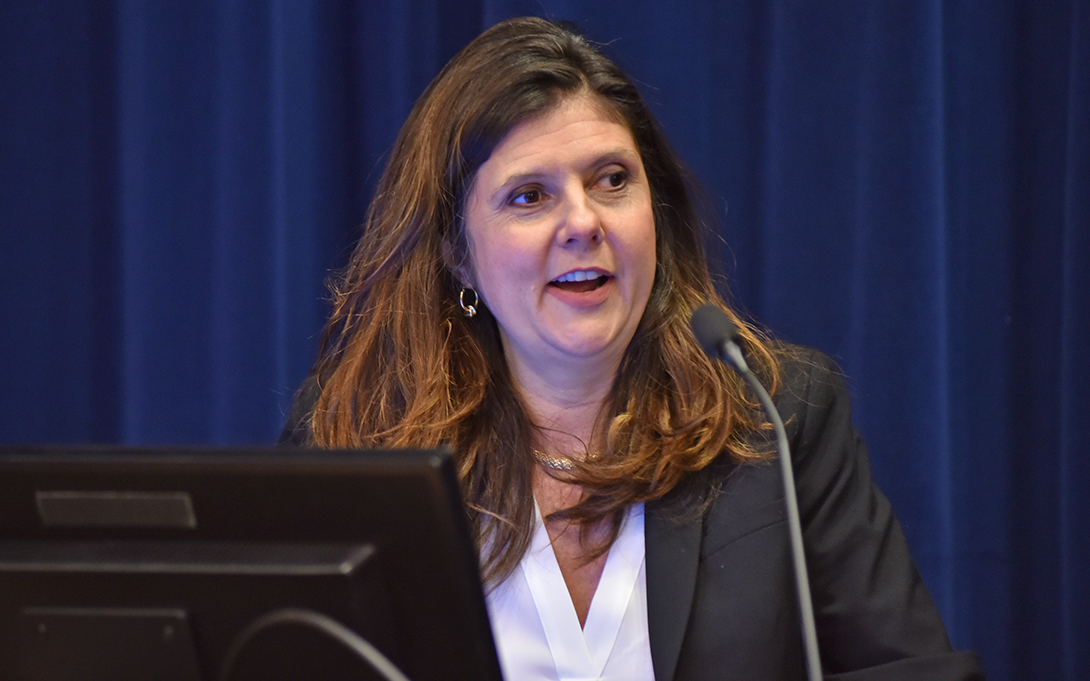
The disappointing unemployment reports at the beginning of the month should give greater impetus to the Biden administration’s stimulus plan. Ford School economist Betsey Stevenson notes that 10 millions jobs are still missing in the U.S. economy.
She told Bloomberg that the previous stimulus bills have worked, and the next one needs to ensure that people stay in their homes, pay their bills and are able to recover financially when the COVID-19 vaccine becomes more widely available.
Against the backdrop of the bad employment numbers, Stevenson noted that the problems are not only at the lower end of the wage spectrum. Axios reported that one million working mothers are unemployed. “On the high end of the wage spectrum, there are lots of cases of women in office jobs who are turning down promotions, according to Stevenson. "There are a lot of women in that position right now. They're saying, 'Sorry, my kids can't handle this,'" she says. "It’s been a rough year and they’re just trying to figure out how to make it a less tough year."
And the crisis women face today also has the potential to affect future generations and their decisions to start families or strive for promotions in their careers, says Stevenson. “What are the girls who are watching this thinking? Will they think kids are too hard? Will they decide not to lean in?"
One stimulus proposal calls for paying women up to $2400 per month for their unpaid childcare labor at home. But Stevenson disagrees with the approach. She told CBS News that, "Paying people to stay home is really encouraging something that could end up ultimately undermining the goals of having more equality in the home and having more equality in the workforce."
She does note in The New York Times that working mothers will need some long-term support. “People talk about how moms can lift a car off their children, but even though you can do it, it doesn’t mean you didn’t do damage to your body when lifting the car,” she said. “2020 was like lifting a car off your kids; 2021 is going to have to be ‘How are those women able to heal?’”
That article was referenced in the Times’s “Lesson of the Day: ‘America’s Mothers Are in Crisis’”“ asking students to analyze her comment, “Covid took a crowbar into gender gaps and pried them open.” What are some possible long-term effects of the pandemic on mothers and their children?
You can see the original article on the links below:
- The New York Times, February 12, 2021, Lesson of the Day: ‘America’s Mothers Are in Crisis’
- Axios, February 10, A million American mothers are out of work
- Bloomberg, February 5, 2021, U.S. Jobs Recovery Disappoints (interview runs 2:50 -7:50)
- CBS News, February 5, 2021,"We are in a moment of rage": Inside the movement to win basic income for moms
- The New York Times, February 4, 2021, Working Moms Are Struggling. Here’s What Would Help.

